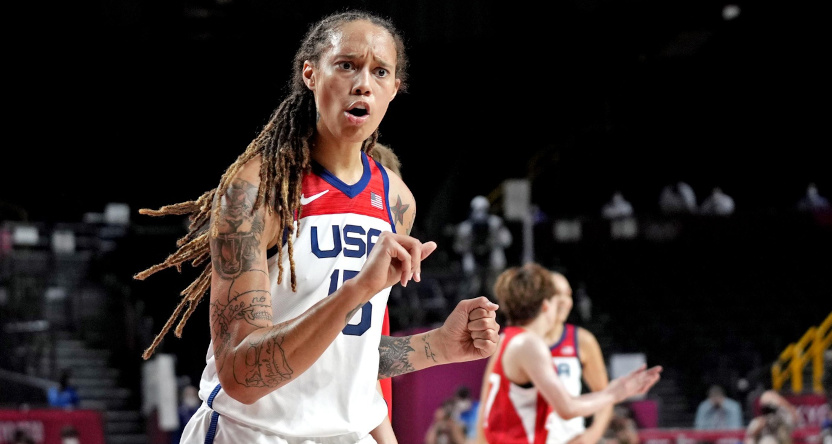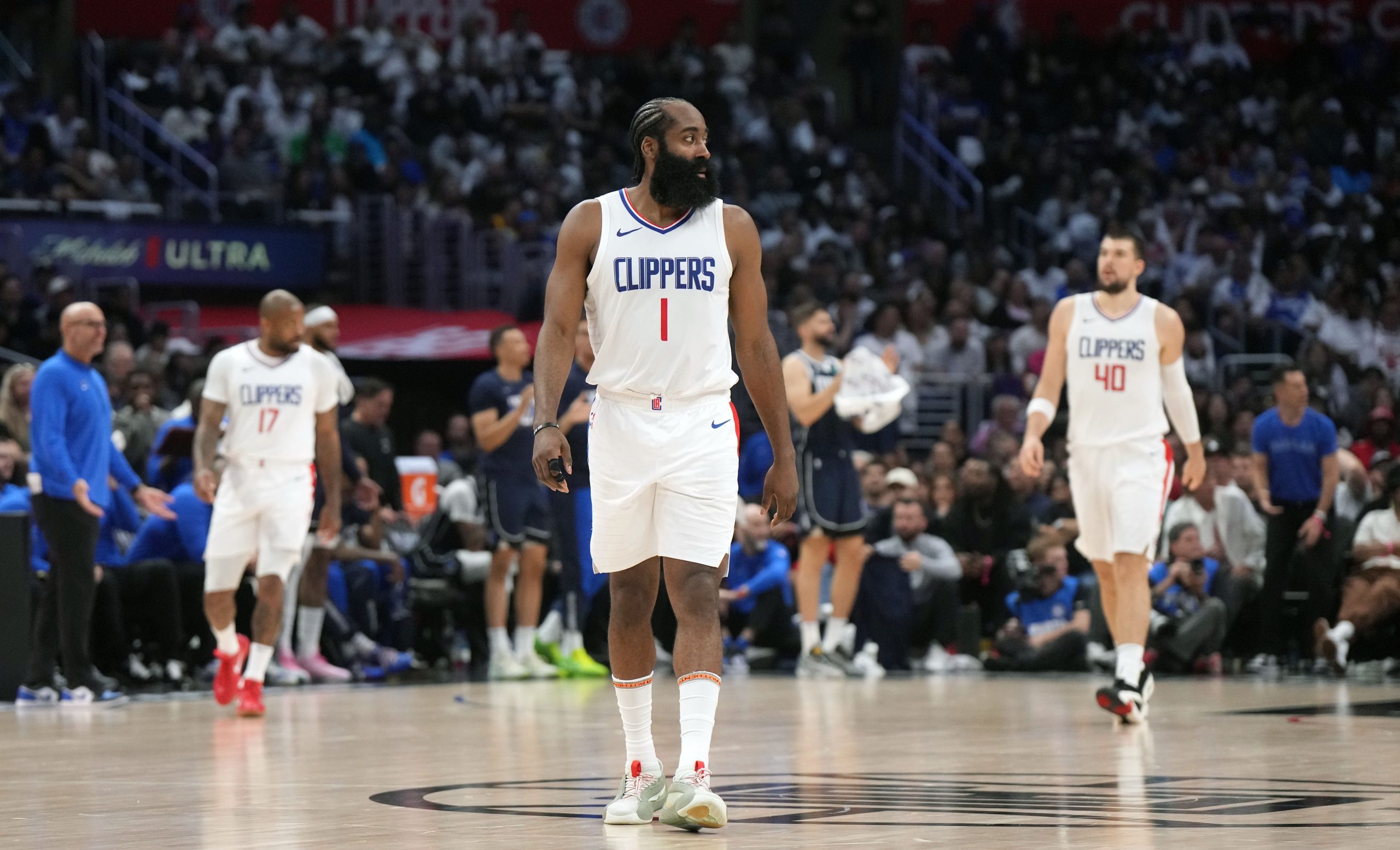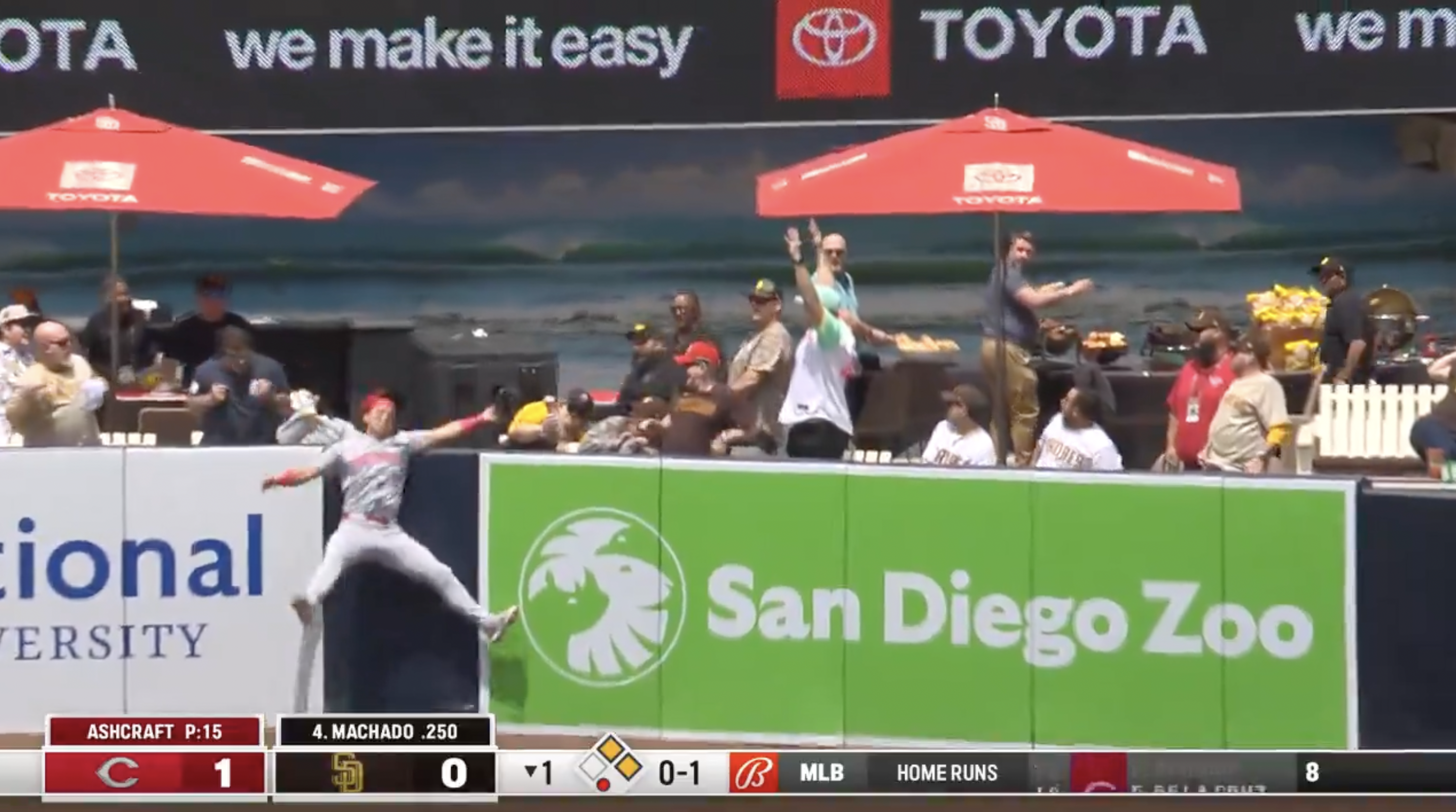Last year, WNBA superstar Brittney Griner was taken into Russian custody on drug charges and ultimately sentenced to nine years in prison after authorities found a small amount of prescription cannabis vape cartridges in her luggage. The United States secured her release with a prisoner swap that sent convicted Russian arms dealer Viktor Bout back to Russia. But now it appears there was a hidden problem that negotiation created.
As columnist Phil Boas of the Arizona Republic explains, the United States’ willingness to negotiate with Russia and to trade a much more dangerous prisoner in return for Brittney Griner gave Russia a reason to continue taking United States prisoners.
“A number of people familiar with international hostage negotiations warned that America would pay dearly for Griner’s freedom,” Boas wrote this week. “That it would create incentive for the Russians to take their next Americans hostage.”
Obviously, that’s already happened. This week, Russia arrested 31-year-old American journalist Evan Gershkovich, who was a foreign correspondent for the Wall Street Journal. The Russian government has arrested him and accused him of spying, using his job as a journalist as cover. Gershkovich and the Wall Street Journal have firmly denied these accusations.
If the United States was willing to give up Bout for Griner, who was arrested on simple drug possession, Russia will likely want quite a lot more in return to secure the release of Gershkovich, who they claim is a spy. It also means Russia will likely continue taking U.S. prisoners any chance they get.
It’s a huge and horrible problem that the United States is now going to have to deal with.







